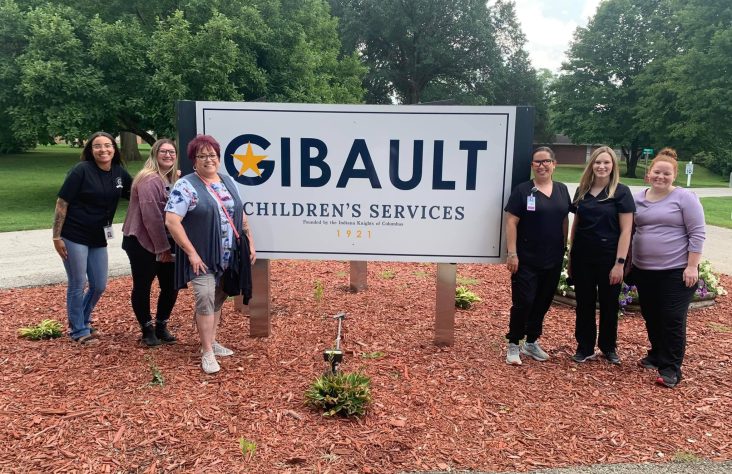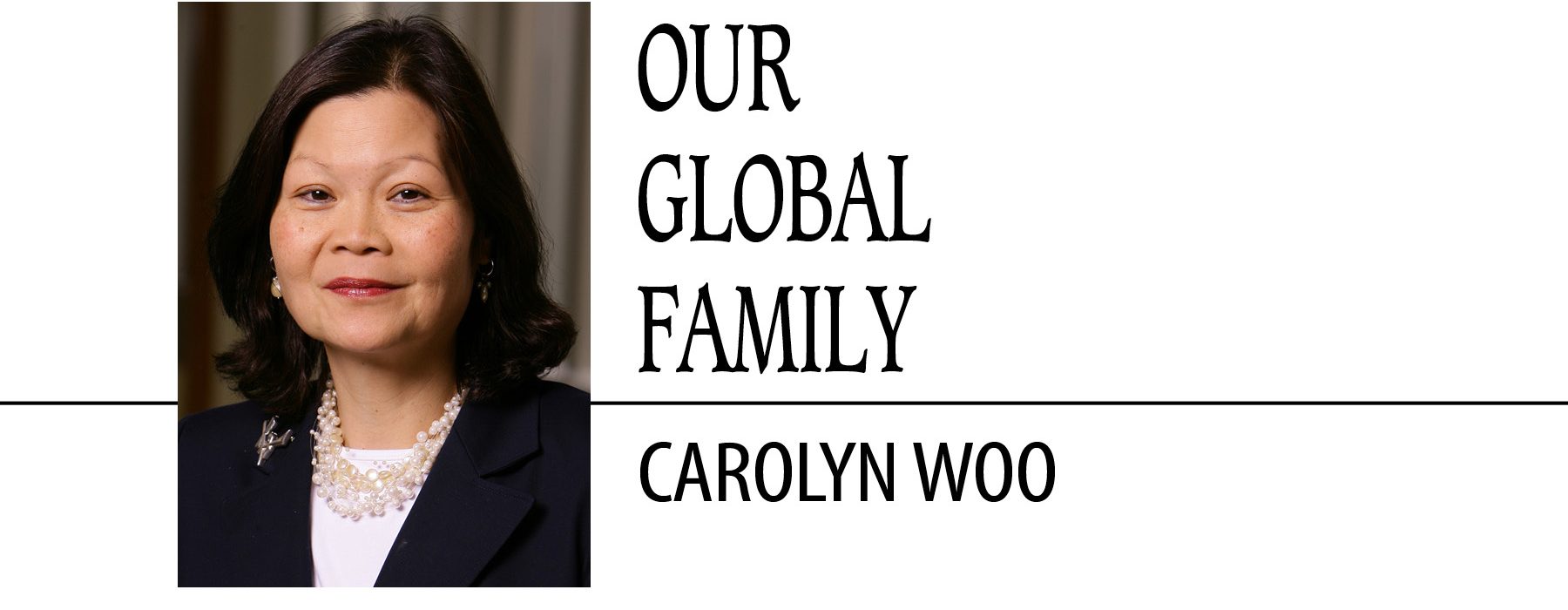August 18, 2020 // Perspective
Let action speak
In a previous column, I spoke of the shame and scourge of inaction as a tragedy greater than the racial injustice and brutality we have witnessed. As a counterpoint, this column highlights actions undertaken by two organizations to address systemic barriers to economic mobility.
Touted as a one-of-a-kind learning model, Purdue Polytechnic High School, founded in 2017, combines project-based learning with a personalized curriculum that focuses on STEM — science, technology, engineering and math — while cultivating skills in time management, self-discipline, teamwork, communication and accountability to self and others.
Working with faculty coaches, business and nonprofit organizations, students have engaged in coding, robotics design, study of viruses, debates on ethics and equity, electronic music and game production as well as developed hydroponic systems for growing food in homes or water filtration devices for zoo conservation.
While the innovative model is noteworthy, more relevant to this column is that the high school was established specifically to increase the enrollment of low income and underrepresented minority students from the Indianapolis Public School system at Purdue University.
Indianapolis Public Schools is comprised of 22% white students, and the median family income is $37,827. As a baseline, only 12 minority and an equal number of first-generation students from the Indianapolis Public Schools system are enrolled in the university’s 2019 freshman class.
Of the Indianapolis Public School 10th graders in both groups, only 4% demonstrate sufficient academic preparedness, as calibrated in state tests, to qualify for the university. Finding this historical low representation unacceptable, the university worked with the school system to create an urban charter school open to all families in the system. The purpose is to strengthen the preparation of students and to guarantee automatic admission into Purdue University when minimum criteria are met. As of this writing, about one-third of the rising senior class of 115 students have qualified.
As college success does not depend solely on academics, Purdue Polytechnic High School students make frequent treks to Purdue University to make presentations and meet with faculty. The qualified rising seniors spent part of this summer at the main campus to get a head start on college life, culture, networking and the services available to them.
Taking another step toward student access and success, the university has made a pledge that costs would not be an obstacle for attendance and a scholarship fund is being raised.
Another organization targets higher education costs which exceed the financial capacity of many underrepresented minority students and their families. Social Finance, a Boston-based nonprofit organization works with business, government and philanthropic partners to create innovative financing solutions for these students.
Its career impact bond enables students to pursue training for midlevel skill professions without first paying tuition. Loan repayment only takes place after the graduate reaches a specified income threshold within a period of years after graduation.
The agreement also specifies the percentage of income, number of years of repayment and a cap on total payment. The loan covers not only tuition but other living and child care expenses.
Career impact bonds fall under the category of income sharing agreements, which are popular in Latin America and are increasingly being used at American universities.
It does not provide a free college education but does shift the financial risk from students to investors with repayment and returns only available upon the success of the students. The latter becomes a mutual objective.
Actions, not intent, break through obstacles embedded in our current systems. The examples highlighted above can be scaled and sustained as more organizations adopt similar approaches tailored to their contexts and opportunities.
Actions teach us and invite our imagination. They engage us when we participate in advocacy, funding or implementation. They challenge our cynicism and indifference. What is faith without action?
The best news. Delivered to your inbox.
Subscribe to our mailing list today.






